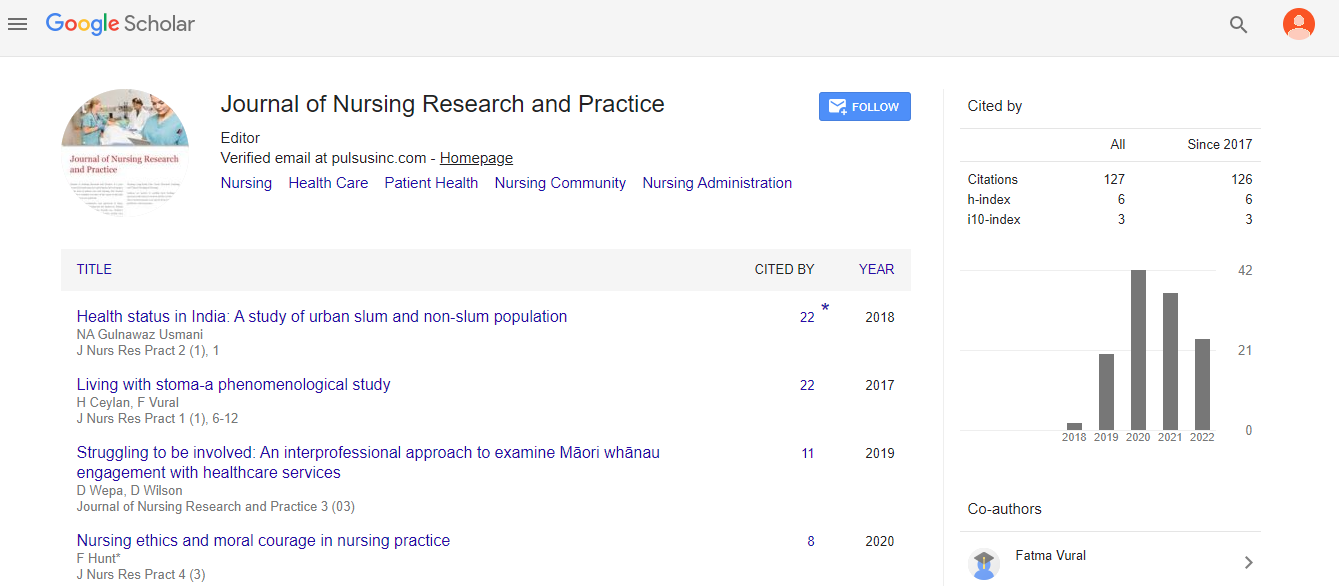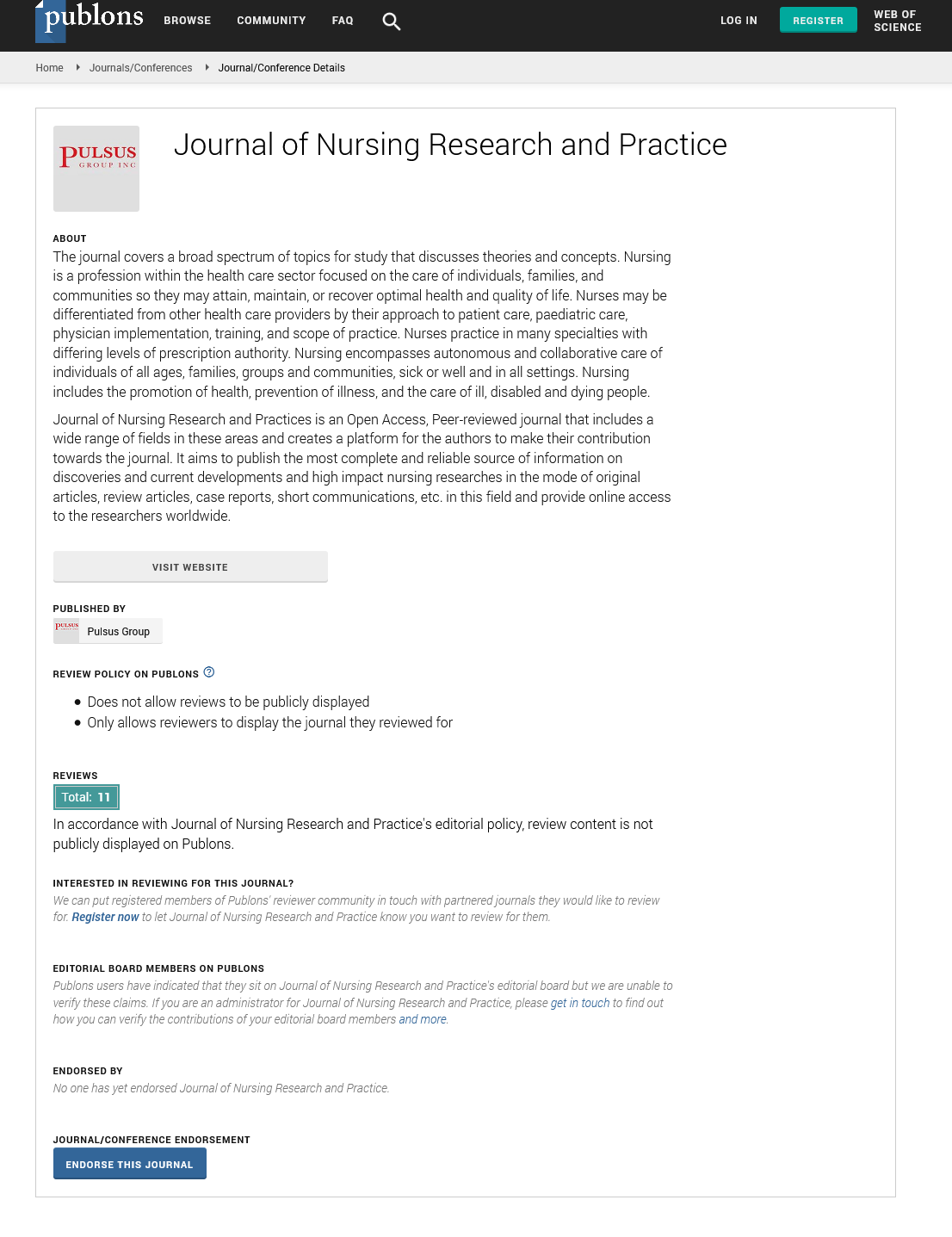
Sign up for email alert when new content gets added: Sign up
Is testosterone treatment an option for postmenopausal women with fecal incontinence?
5th World Congress on Women's Health and Midwifery
January 10, 2022 | Webinar
Irem senyuva
USAK Training and Research Hospital, Turkey
ScientificTracks Abstracts: J Nurs Res Pract
Abstract :
Statement of the problem: Fecal incontinence (FI), described as the involuntary passage of solid or liquid fecal matter, is a pelvic floor dysfunction that affects women's social, physical, emotional and sexual lives. The incidence in women is 2-25% and it increases with age. Damage and impaired innervation of the muscles in the anal sphincter complex are the most important causes of this dysfunction. Anal sphincter damage due to vaginal delivery is observed in 0.5-9% of all deliveries and may be a factor for the FI occurring in the postmenopausal period. Methodology & theoretical orientation: Pelvic floor muscles and anal sphincter complex are highly sensitive to androgens. Androgen receptors (AR) are present in anal sphincter muscle and connective tissue. Testosterone is an androgenic hormone that stimulates myotubule and protein synthesis in tissues such as muscle with AR, and that increases lean muscle mass, diameter and strength. Findings: The Levator Ani muscle (MLA) is the most important muscle in the pelvic floor support and continence mechanism in women and in the literatüre pelvic floor studies generally related to MLA. Androgen response in the pelvic floor muscle dependents on androgen expression, and castration reduces AR. Exogenous testosterone was given to castrate rats, it was determined that there was an increase in myofiber and satellite cells of their pelvic floor muscle. Conclusion & significance: The effect of hormone replacement therapy (HRT) used in the postmenopausal period on pelvic floor disorders is still a matter of debate because it may trigger FI due to its negative effects on the pelvic floor connective tissue. In the literature most of study have focused on MLA but not anal sphincter muscle. Androgens can play a considerable role in the treatment of disorders in the anal sphincter region with their positive effects.
Biography :
İrem senyuva has worked in the department of obstetrics and gynecology at Usak Training and Research Hospital, her areas of interest gynecology, ultrasonography, and urogynecology.





